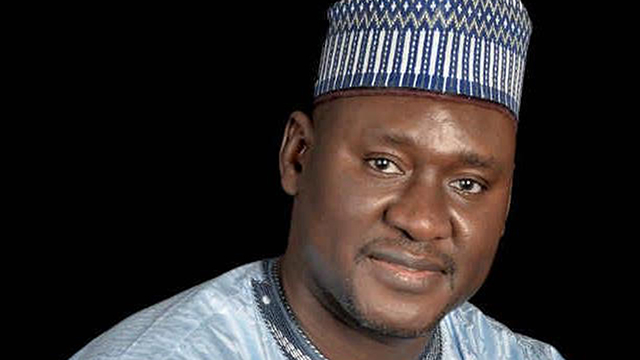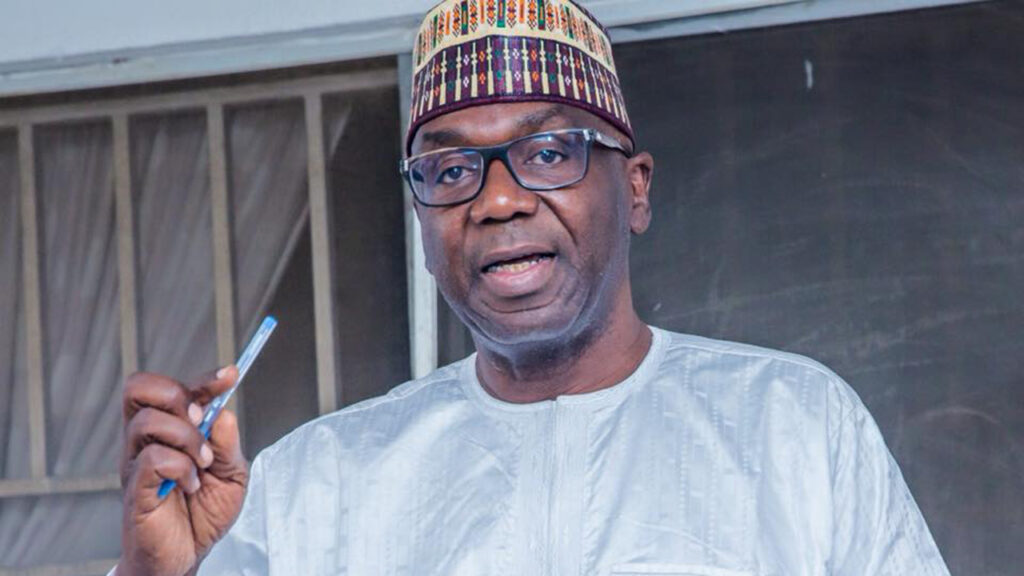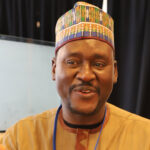
Civil Society Legislative Advocacy Centre (CISLAC) and Population Matters have urged state and non-state actors to elevate discussions surrounding population dynamics in Nigeria.
Recognising the inadequate awareness ofthe consequences of population on the citizenry and policy levels, as well as the unattended impact on national planning, the advocacy groups emphasised that Nigeria “has not efficiently harnessed its population” to achieve development goals.
Speaking at the Nigeria Population Conversation Seminar in Abuja, Executive Director of CISLAC, Auwal Musa (Rafsanjani), emphasised that population affects every facet of societal development.
According to Rafsanjani, conversations about population are rare, highlighting Nigeria’s projected population of 400 million by 2050, a figure twice the current estimate, describing it as a demographic catastrophe.
Nigeria, he said, is one of the top five nations globally with the highest mortality rate among children under the age of five.
Moreover, research has pointed out that alongside the primary causes of such mortality, factors such as socio-economic status, demographics and environmental conditions significantly endanger the survival of under-five children under five in Nigeria.
He suggested that Nigeria should start adopting the concept of smaller families to combat widespread poverty, youth unemployment, child mortality and various socio-economic challenges.
Rafsanjani similarly stated that in Nigeria, about 53.40 per cent of youths are jobless, as reported by the National Bureau of Statistics in 2022, noting that high unemployment rate contributes significantly to various social issues among youths, such as prostitution, armed robbery, rape and other forms of violence.
“While a significant function of girl-child education in Nigeria is to provide her with diverse basic knowledge, skills and training, which contribute to personal development and overall national development, more than 50 per cent of girls are not attending school at the basic level, while one million girls drop out between the first and last year of primary education,” Rafsanjani said.
Head of Campaigns and Communications, Population Matters, Alistair Currie, said the citizens’ perception survey report helped to identify low birth control measures as a key driver of populating growth, while the importance of education in empowering women and girls was prioritised.
“We hope and believe that this survey will spark a population conversation across Nigeria. What is clear from the survey is that the solutions, which present themselves, are positive ones that will empower people, tackle gender discrimination, improve health and economic prospects, and help protect Nigeria’s environment,” he said.
Corroborating their views, Chairman, National Population Commission (NPC), Nasir Kwarra, urged Nigerians not to have children they could not cater for.
Represented by the Director, Population Management and Development Department of NPC, Margaret Edison, the commission’s boss emphasised that Nigeria faces implementation challenges and lacks a social security system.
He highlighted the importance of quality investment in managing large population, stressing that without education, there is a significant problem, as education plays a dynamic role.












